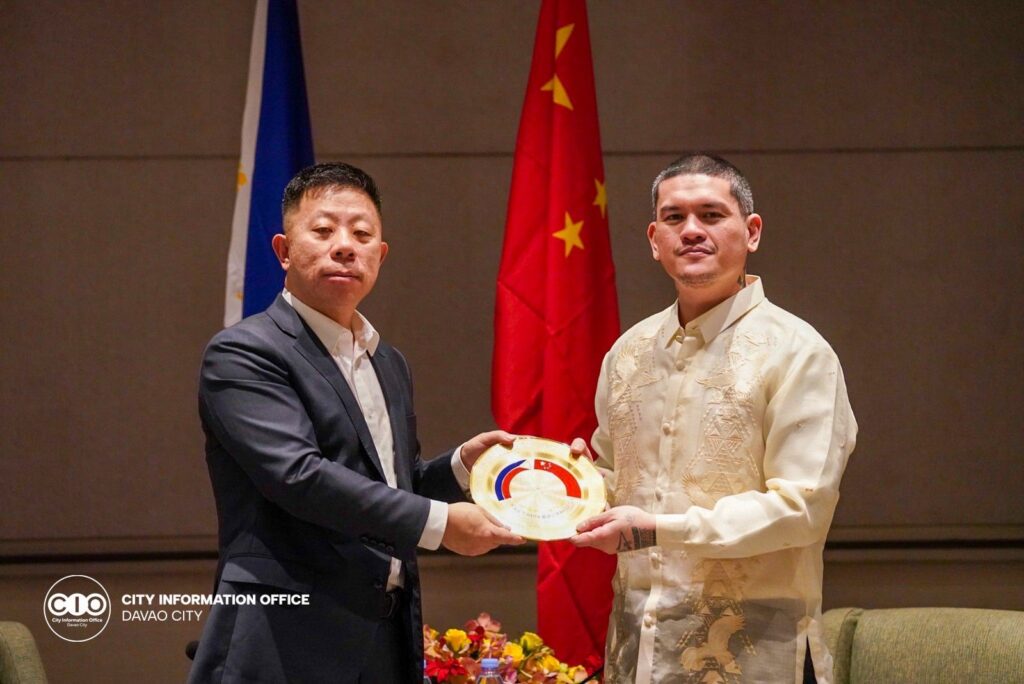Finance Secretary Ralph Recto has resurrected Dr. Peter Pangloss, situating the Philippines’ short-run economic growth as the best in all possible worlds, predicting that in nine years, the country would leave giants like Japan, China, India and South Korea in the dust.
If John Maynard Keynes were alive, he would be amused by the short-run economics of Recto, which beats his declaration in his 1923 book “A Tract on Monetary Reform” that “the long run is a misleading guide to current affairs. In the long run, we are all dead.” Keynes championed state interventions and said governments should solve problems in the short run rather than wait for market forces to fix things over the long run.
Thus, central banks should stabilize domestic prices by fiddling with interest rates and managing reserves, intervening only when there is volatility and pushing policies that maximize employment. Keynes would not allow runaway exchange rate fluctuations and central banks must stop the hemorrhage through a crawling peg rather than a floating rate. Unfortunately for Recto, Keynes has been hopelessly dead for a long time but the short-run solutions he had devised helped some countries crawl out of a hellhole.
Franklin Roosevelt’s New Deal managed to keep the US afloat after Republicans instigated the Great Depression, and a high income tax rate (up to 96%) forced plutocrats to reinvest unwarranted gains to finance industries, including the war industries, rather than put their money in their pockets or buy luxuries, art pieces or vanity investments.
In Geoff Mann’s “In the Long Run We’re All Dead,” he argued that his masterwork “The General Theory of Employment, Interest, and Money” is modern liberalism’s most persuasive internal critique, meeting two centuries of crisis with a proposal for capital without capitalism and revolution without revolutionaries. Danny Dorling, author of “Inequality and the 1%” described Mann’s book as “a detailed, fast-flowing account of how repeatedly guileful Keynesianism crisis management has saved the elite by reengineering tragedy.”
Recto predicted that in exactly 9 short years, the country’s turtle economy would crawl past the tiger economies of China, Japan, India and South Korea, zooming past the list of developing nations that generously hosted foreign direct investments (FDIs) and offered a raft of tax incentives, subsidies and tariff-free imports to car companies, textile mills and high-tech corporations producing microchips, electronic products, smartphones and electric vehicles (EVs.)
“Fast forward to 2075, the Philippines will overtake France to become the 14thlargest economy in the world,” Recto said, a statement that spurred bewilderment among those who attended the recent Philippine Economic Briefing (PEB.) In exactly 51 years, the Philippines will surpass France, and, of course, dozens of member-countries of the European Union (EU.) Well, in the long run we are all dead, anyway and good luck to Recto if he would still enjoy being Nostradamus in 2075.
Recto said the goal can be reached with the government’s growth-enhancing strategies and the right policy tools. “We will continue bolstering growth by arresting inflation through a whole-of-government approach. Ensuring food security is our top priority,” he said. For the nonce, however, and before Recto goes full-blast into his fugue state, he should hear the tick-tock, the warning signs of economic targets not being met with regularity, the sinking peso value, the rash of retrenchments in microelectronic companies, garment factories and the closures of firms operating in free trade zones. Recto still has to acquire spidey sense, surely an asset to any finance secretary.




